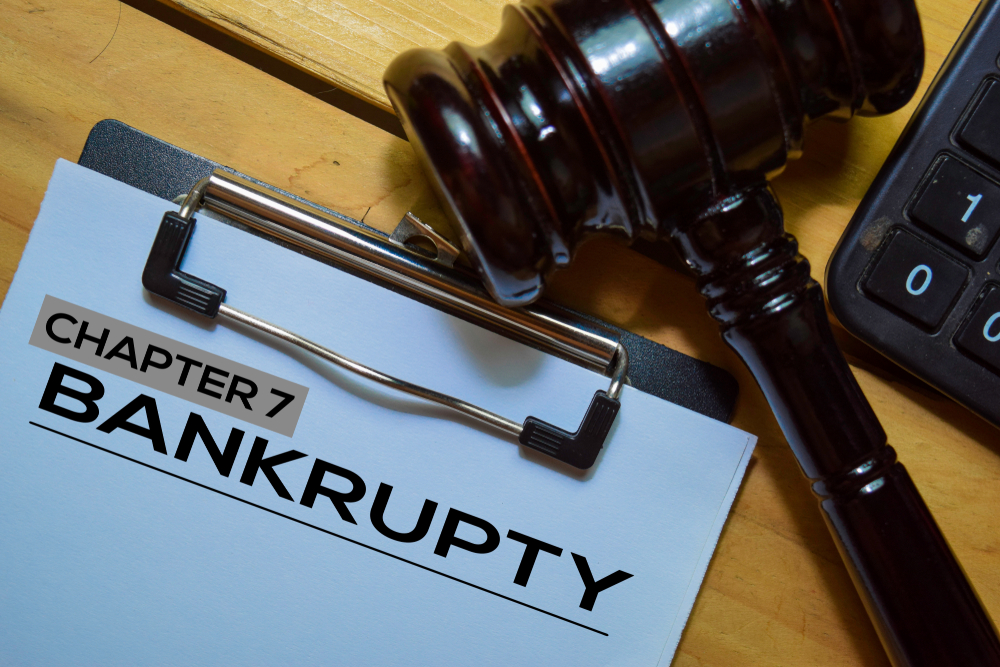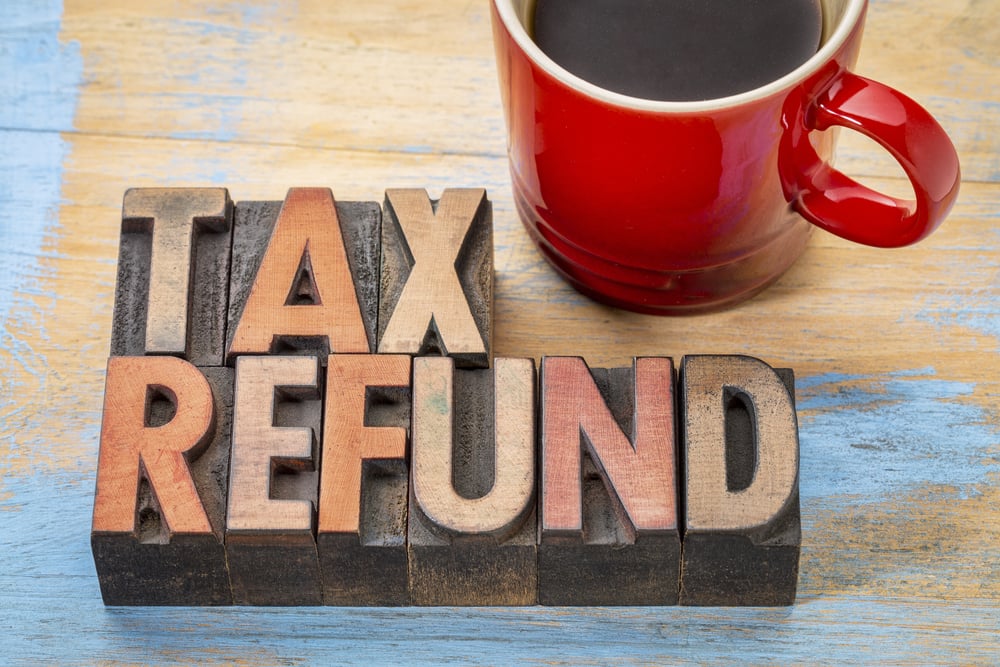If a debtor is being represented in a bankruptcy they should allow their bankruptcy attorney to work for them, and the only way their attorney is able to provide adequate representation is if they know all the details about the debtor’s case. If a debtor chooses to omit certain transactions or details then the attorney will not be able to advise appropriately regarding those transactions which could be problematic in the case.

HONESTY IN BANKRUPTCY
If a debtor is being represented in a bankruptcy they should allow their bankruptcy attorney to...




